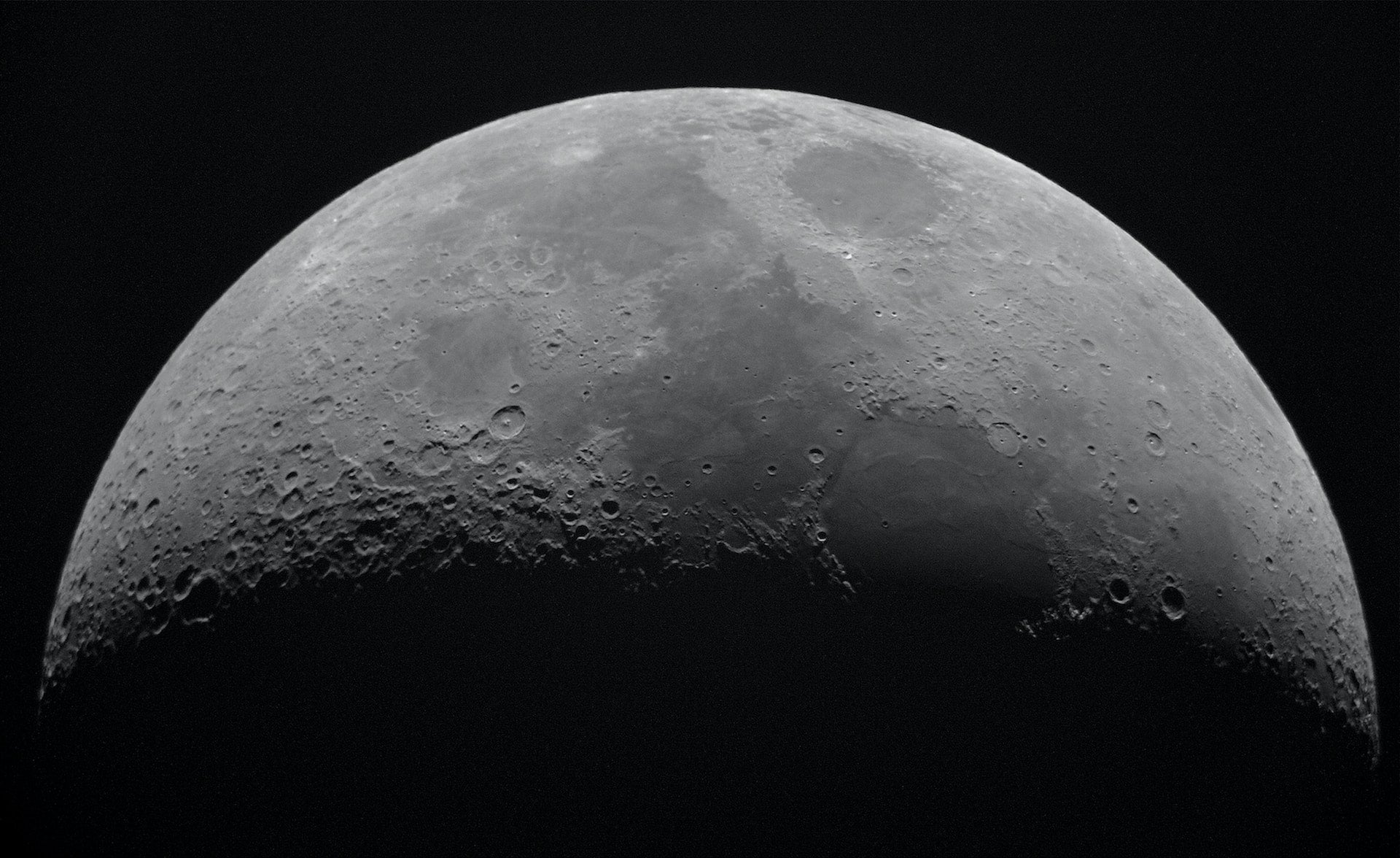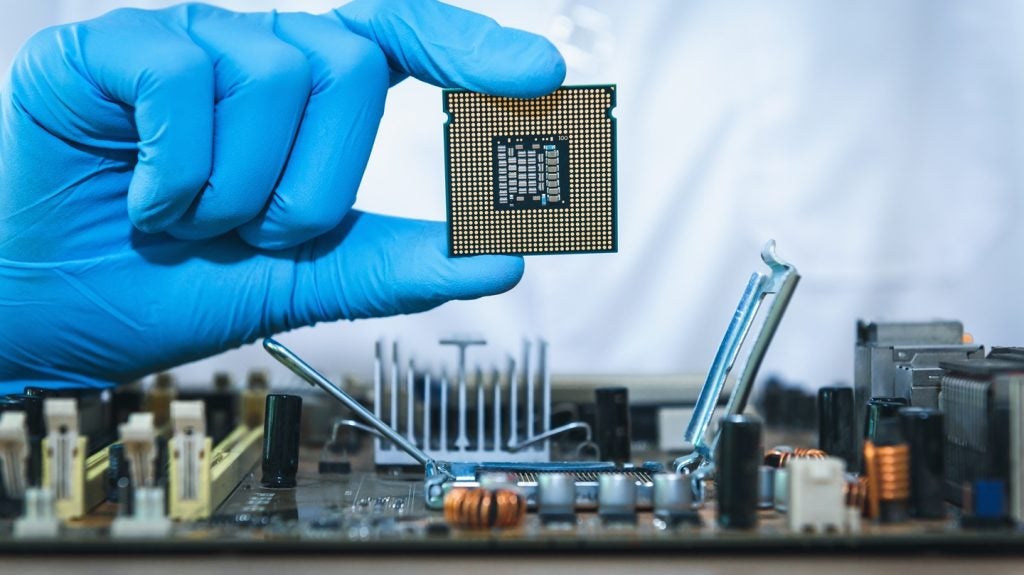
Japanese lunar exploration company ispace has said that its attempt to make the first commercial landing on the moon has failed.
In a statement, ispace said its HAKUTO-R Mission 1 Lunar Lander was supposed to touch down on the lunar surface at around 1:40 AM (JST) on 26 April 2023 but the communication between the vehicle and mission control centre was lost.
Based on the available data, ispace said it is highly likely that its lunar vehicle crashed on the moon’s surface.
A commercial company has not yet been successful in landing on the moon. Only the US, the former Soviet Union, and China have successfully soft-landed a spacecraft on the moon.
Recent attempts by India and a private Israeli business have also failed.
According to ispace, the lunar lander achieved eight out of ten mission milestones.
How well do you really know your competitors?
Access the most comprehensive Company Profiles on the market, powered by GlobalData. Save hours of research. Gain competitive edge.

Thank you!
Your download email will arrive shortly
Not ready to buy yet? Download a free sample
We are confident about the unique quality of our Company Profiles. However, we want you to make the most beneficial decision for your business, so we offer a free sample that you can download by submitting the below form
By GlobalDataThe data gathered during the mission through the eighth milestone and the landing sequence will be used to enhance the technological capabilities of future missions. The company, which was listed on the Tokyo stock exchange earlier this month, has Mission 2 planned for next year and Mission 3 in 2025.
ispace founder and CEO Takeshi Hakamada said: “Although we do not expect to complete the lunar landing at this time, we believe that we have fully accomplished the significance of this mission, having acquired a great deal of data and experience by being able to execute the landing phase.
“What is important is to feed this knowledge and learning back to Mission 2 and beyond so that we can make the most of this experience. To this end, we are already developing Mission 2 and Mission 3 concurrently and have prepared a foundation that can maintain this continuity.”
The crash marks the second failure in the commercial space industry in a week after SpaceX’s Starship rocket exploded just minutes after launch.







